PhD Studentship in the framework of the MSCA Doctoral Network GLITTER: Antenna technology (Fixed Term)
Department of Physics, West Cambridge
Fixed-term: The funds for this post are available for 36 months in the first instance.
Summary: Full-time 3 year PhD position funded by UKRI, in the context of the ERC doctoral network GLITTER (12 PhD students), to perform doctoral research in the development of modern antenna technology and radio instrumentation for GNSS-R and Radio Astronomy from space. The PhD candidate will join a multidisciplinary team and will be supervised by faculty from the Radio Astronomy group of the Cavendish Laboratory of the University of Cambridge, Cambridge, UK. The PhD candidate will benefit from the GLITTER events in order to further improve technical and complementary skills: four one-week training schools, and three workshops. In addition, the PhD candidate will do a research stay (6 months) at the Universite catolique de Louvain, Louvain-la-Nuevue, Belgium, to work with Prof. Christophe Craeye, lead of the GLITTER project.
Description: Global Navigation Satellite Systems-based Reflectometry (GNSS-R) is a powerful way to retrieve information from a reflecting surface (e.g. for Earth observation) by exploiting GNSS as signals of opportunity. Depending on i) the sensing platform (ground-based, airborne, spaceborne), ii) the reflecting surface (ice, sea, land), and iii) the number of antennas (typically one for ground-based applications, and two in airborne/spaceborne receivers); the system/receiver provides different results, which allow for different applications. One of the main challenges for modern GNSS-R applications is the detection of extremely faint signals in the presence of noise and/or interference. Equally, radio cosmology from space-based platforms, aims at the detection and study of minute radio signals of cosmological origin, in the presence of much brighter noise signals.
 Cambridge Centre for
Cambridge Centre for